केंद्रीय औषधि मानक नियंत्रण संगठन, भारतीय राष्ट्रीय नियामक प्राधिकरण और संबद्ध संस्थानों के साथ, एक कार्यात्मक वैक्सीन नियामक प्रणाली के लिए विश्व स्वास्थ्य संगठन द्वारा प्रकाशित संकेतकों को पूरा करता पाया गया है।
India's vaccine regulatory system recognised by WHO, CDSCO and NRA meet standards
The Central Drugs Standard Control Organisation, along with the Indian National Regulatory Authority and associated institutions, have been found to meet the indicators published by the World Health Organisation for a functional vaccine regulatory system. According to WHO, this conclusion was arrived at by a team of international experts from various countries, led by WHO in Geneva, following a comprehensive and in-depth scientific review of India's vaccine regulatory system, conducted from 16 to 20 September 2024.
The objective of the WHO NRA Re-benchmarking was to assess and document the status of the India regulatory system in the field of vaccine regulation, re-benchmark the status of the India vaccine regulatory system against the WHO NRA Global Benchmarking Tool (GBT) and measure the maturity of the system. India's vaccine regulatory system was benchmarked against the Global Benchmarking Tool (GBT) version V in the year 2017, which has now been revised to GBT VI with increased rigour and refinement of benchmarking criteria. India has retained Maturity Level 3 with the highest scores in multiple functions. Speaking about this historic achievement, Punya Salila Shrivastava, Union Health Secretary said, “The Central Drugs Standard Control Organisation in collaboration with WHO has made exemplary efforts for this achievement.
India is one of the major players in the pharmaceutical industry worldwide and is known for its affordable vaccines and generic medicines. She congratulated all the teams for their hard work in achieving this milestone for the country and re-emphasized the strength of the Indian regulatory system and its commitment to supply quality products across the world to enhance health outcomes. Dr. Roderico H. Ofrin, World Health Organization Representative to India said, “The World Health Organization plays a vital role in helping countries strengthen their regulatory systems and promote equitable access to quality, safe, efficacious and affordable medical products and healthcare products. This is indeed a great achievement and we would like to congratulate the Ministry of Health and Family Welfare and its affiliated institutions. Dr. Rajiv Singh Raghuvanshi, Drugs Controller General, Central Drugs Standard Control Organisation, Ministry of Health and Family Welfare highlighted that India, as a large vaccine producing country, is currently supplying several vaccines to UN agencies. He said, “The Indian National Regulatory Authority meets the standards of WHO NRA indicators on functional regulatory system for vaccines.”
In addition to the general framework for the system, the following regulatory functions were assessed: general overview of the national regulatory system, registration and marketing authorisation, vigilance, market surveillance and control, licensing establishments, regulatory inspections, laboratory testing, clinical trial inspections and NRA lot release. Welcoming the positive outcome of the international benchmarking, Dr. Alireza Khadem, WHO Team Leader for NRA Re-benchmarking said, “This will go a long way in reaffirming India’s role in global health, including the strength of its pharmaceutical sector and drug regulatory capacity. WHO had extended its technical support to India’s National Regulatory Authority over the past several years.” This success is a result of the intensive efforts made by the Ministry of Health to implement a roadmap to strengthen the capacity for regulation of vaccines in collaboration with WHO, including CDSCO. India is a major vaccine producer having 36 major vaccine manufacturing facilities. These vaccines are used for the national and international market, making India a major vaccine supplier across the world. The WHO Prequalification Programme aims to facilitate access to vaccines that meet the integrated standards of quality, safety and efficacy as well as the needs of the programme. It is also a prerequisite for manufacturers to supply to countries through the UN procurement agencies. A functional NRA is a criterion for WHO prequalification of vaccines. For NRA benchmarking, sustainability of the gains made in regulatory capacity is crucial. For this purpose, the team that has just completed the assessment in India has prepared a detailed institutional development plan. This plan will outline additional activities to be undertaken to further strengthen regulatory capacity in India in the coming years. The WHO evaluated the National Regulatory Authority | Government of India’s Drugs Standard Control Organisation, State Drugs Regulatory Authorities, Central Drugs Laboratory, Kasauli; Adverse Events Following Immunisation structures at the Centre and State levels, Immunisation Division, Indian Pharmacovigilance Programme and other relevant institutions engaged in regulation, control and testing of vaccines.


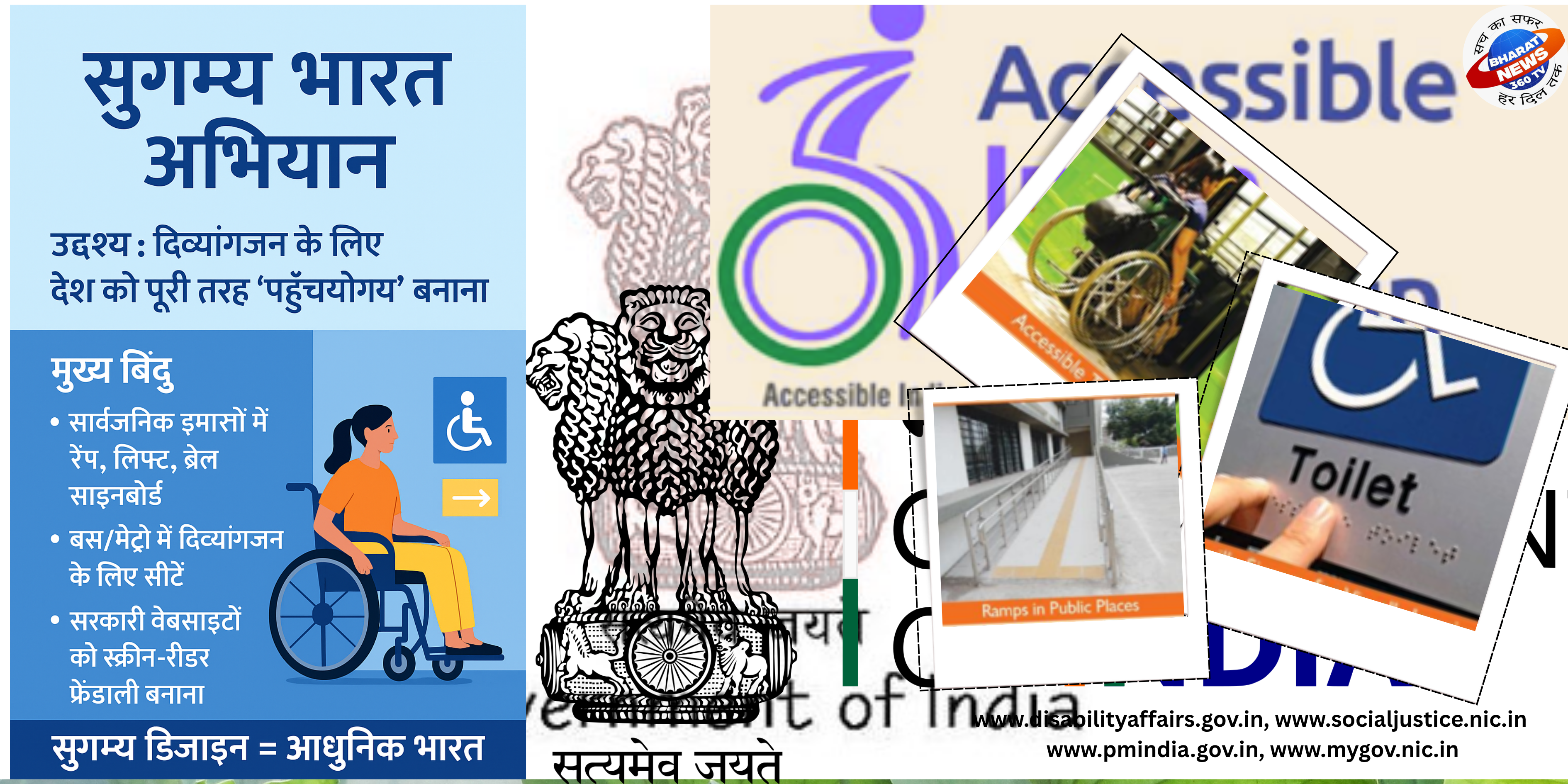
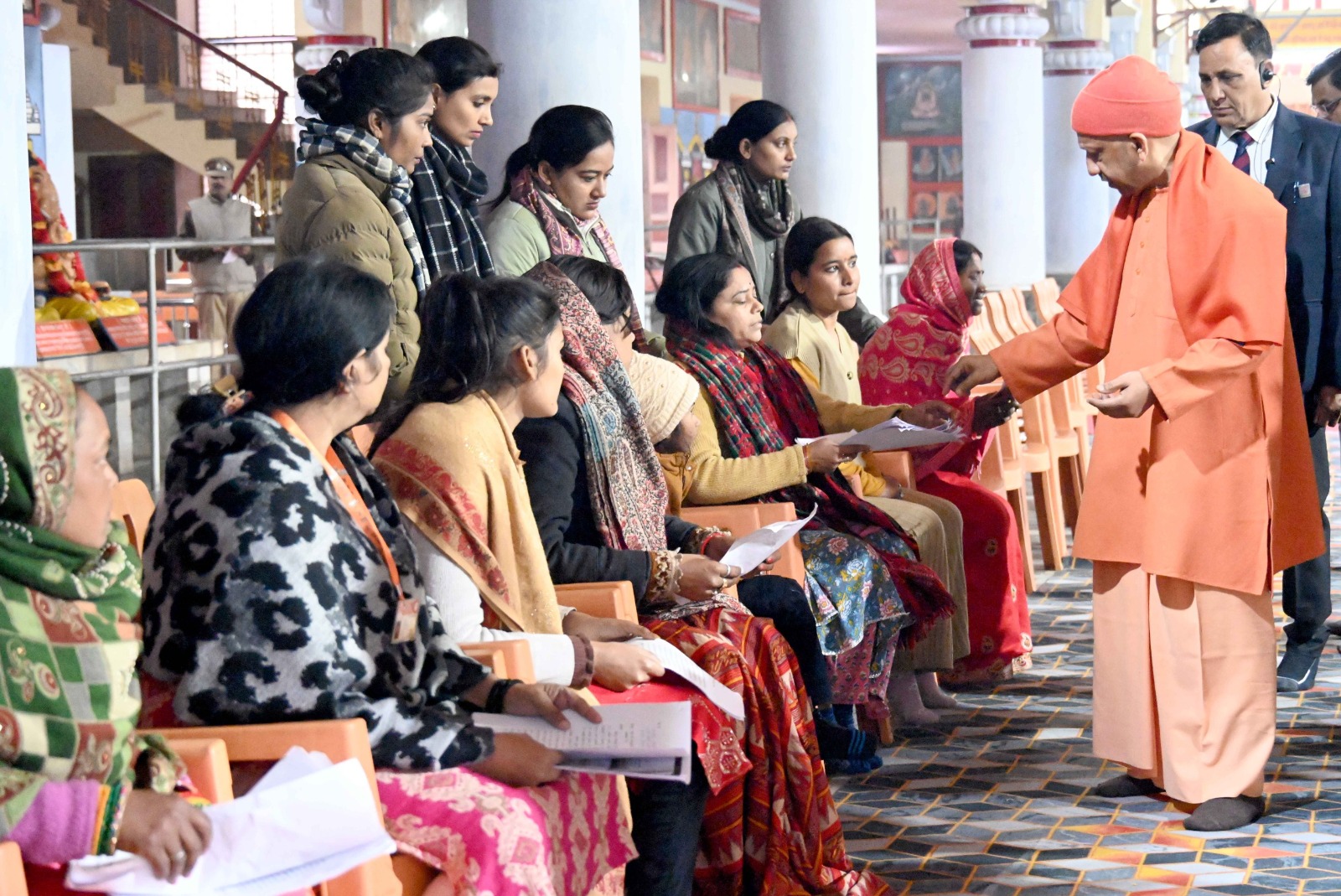
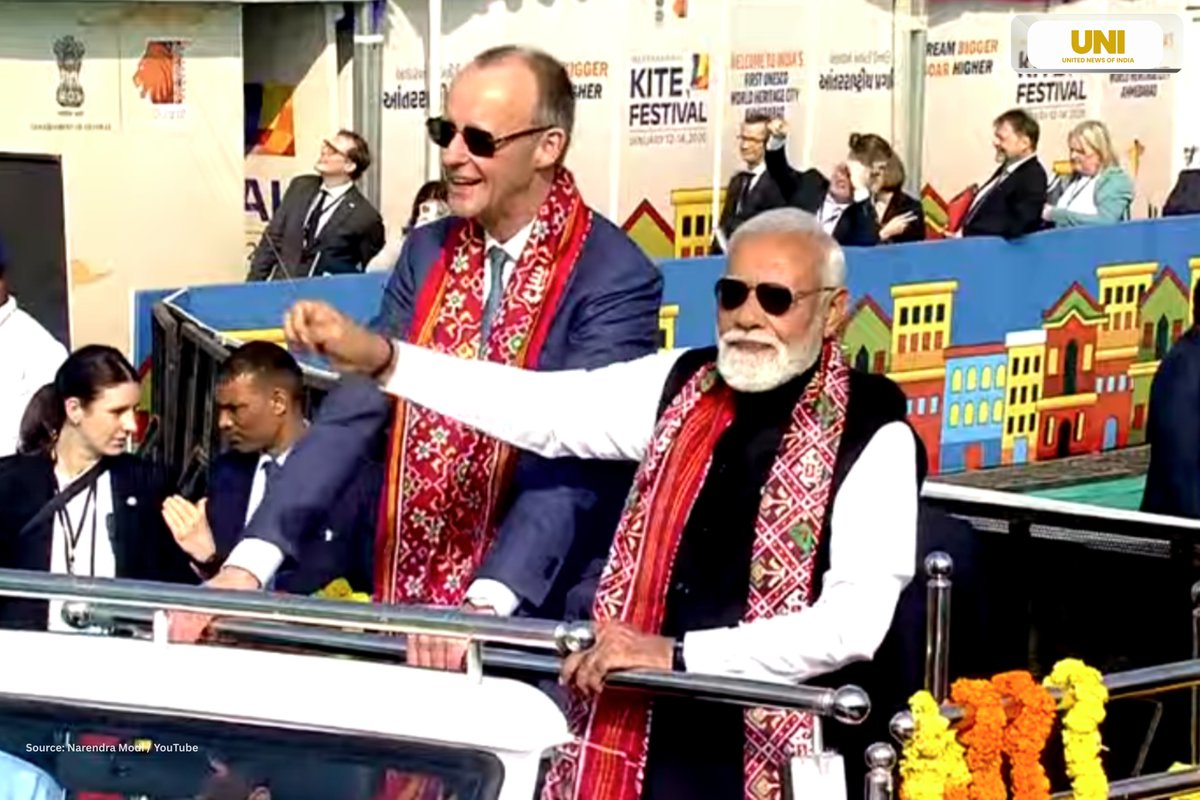
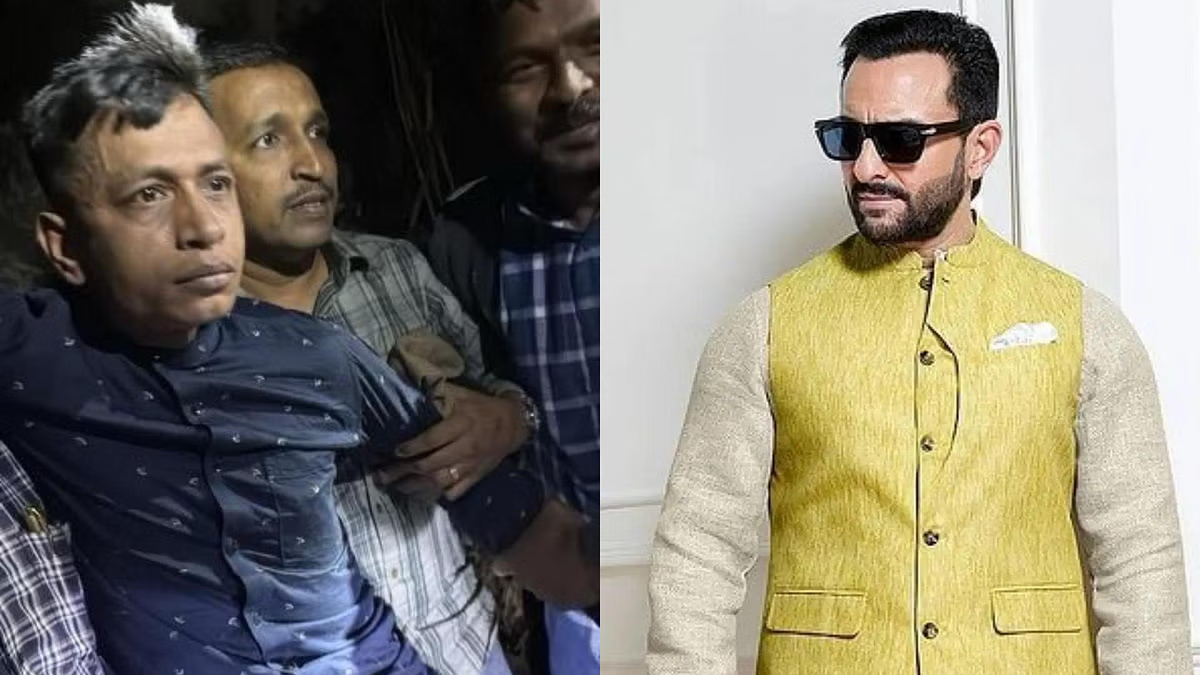
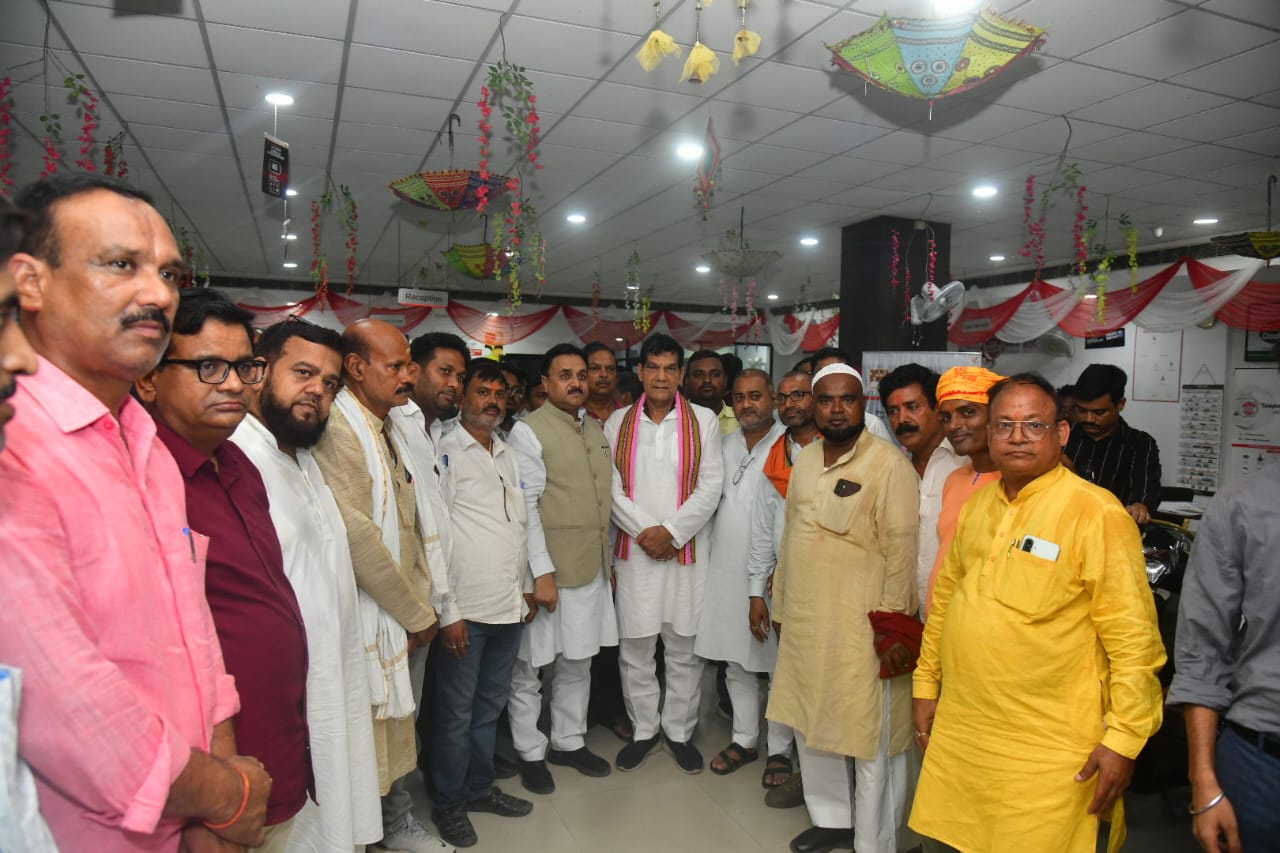
COMMENTS